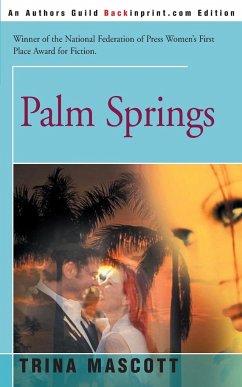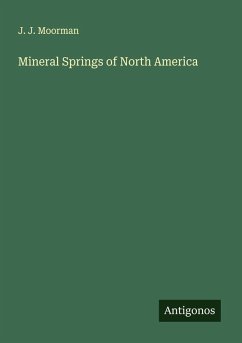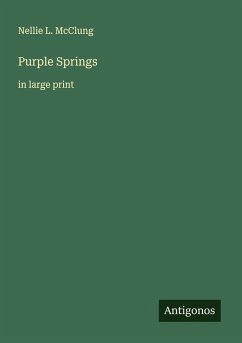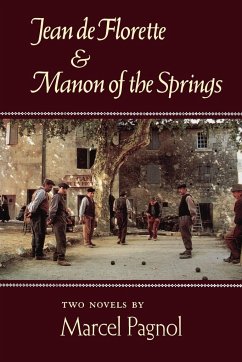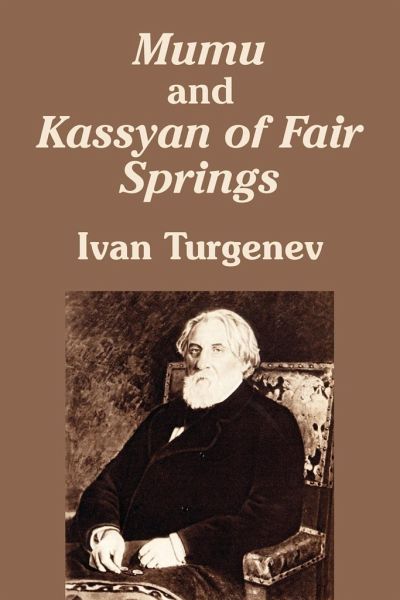
Mumu and Kassyan of Fair Springs
Versandkostenfrei!
Versandfertig in 1-2 Wochen
16,99 €
inkl. MwSt.

PAYBACK Punkte
8 °P sammeln!
Turgenev is an author who no longer belongs to Russia only. During the last fifteen years of his life he won for himself the reading public, first in France, then in Germany and America, and finally in England. To one familiar with all Turgenev's works it is evident that he possessed the keys of all human emotions, all human feelings, the highest and the lowest, the novel as well as the base. But there was in him such a love of light, sunshine, and living human poetry, such an organic aversion for all that is ugly, or coarse and discordant, that he make himself almost exclusively the poet of t...
Turgenev is an author who no longer belongs to Russia only. During the last fifteen years of his life he won for himself the reading public, first in France, then in Germany and America, and finally in England. To one familiar with all Turgenev's works it is evident that he possessed the keys of all human emotions, all human feelings, the highest and the lowest, the novel as well as the base. But there was in him such a love of light, sunshine, and living human poetry, such an organic aversion for all that is ugly, or coarse and discordant, that he make himself almost exclusively the poet of the gentler side of human nature. We may say that the description of love is Turgenev's speciality.






